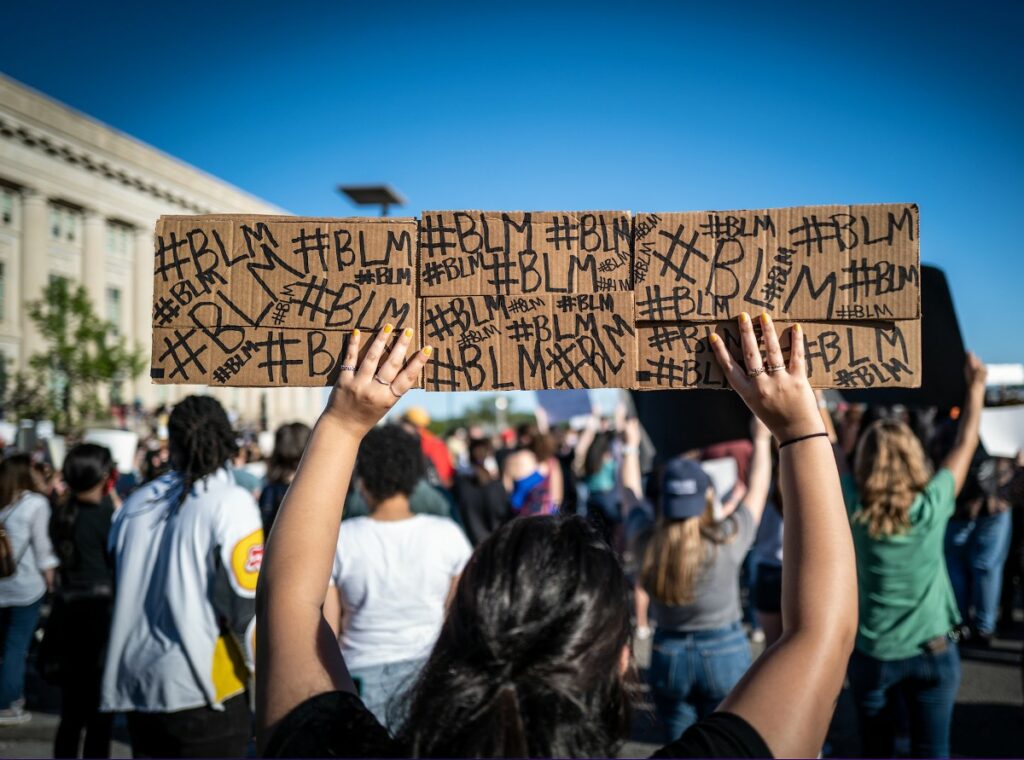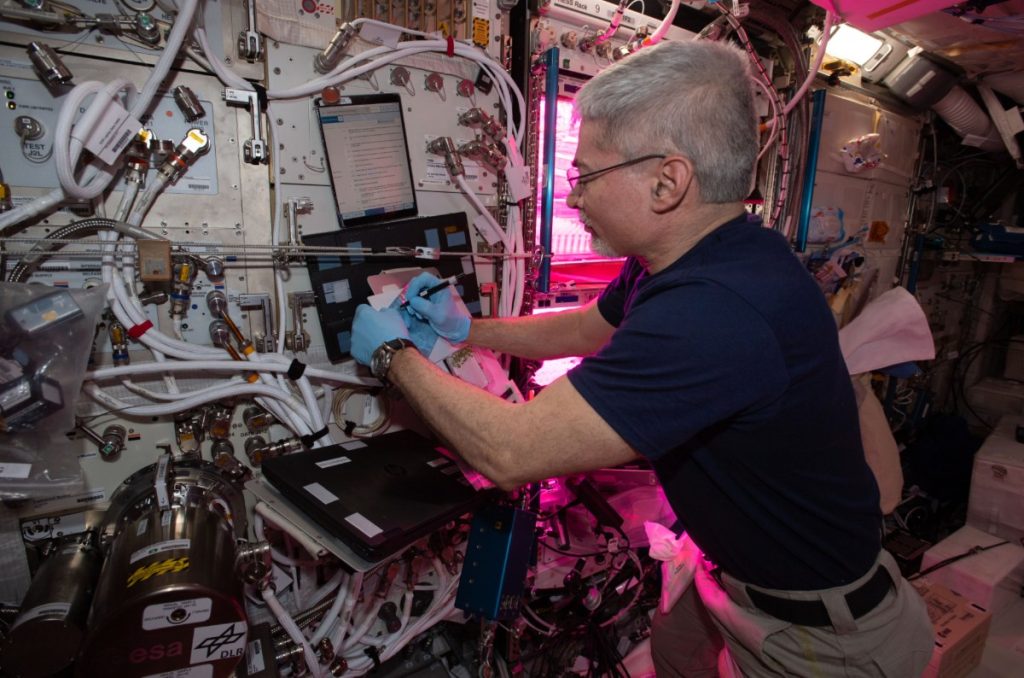Critical Race Theory
What Is Critical Race Theory (CRT)? “Critical Race Theory” (CRT), which is defined by Kimberlé Crenshaw’s intersectionality, is — at its most basic explication — a lens, a perspective, through which folks, traditionally legal and sociological scholars, examine race matters and power dynamics. Related Concepts: Audience Awareness; Interpretation, Interpretative Frameworks; Literacy; Perspective; Research; Rhetorical Analysis; ...





